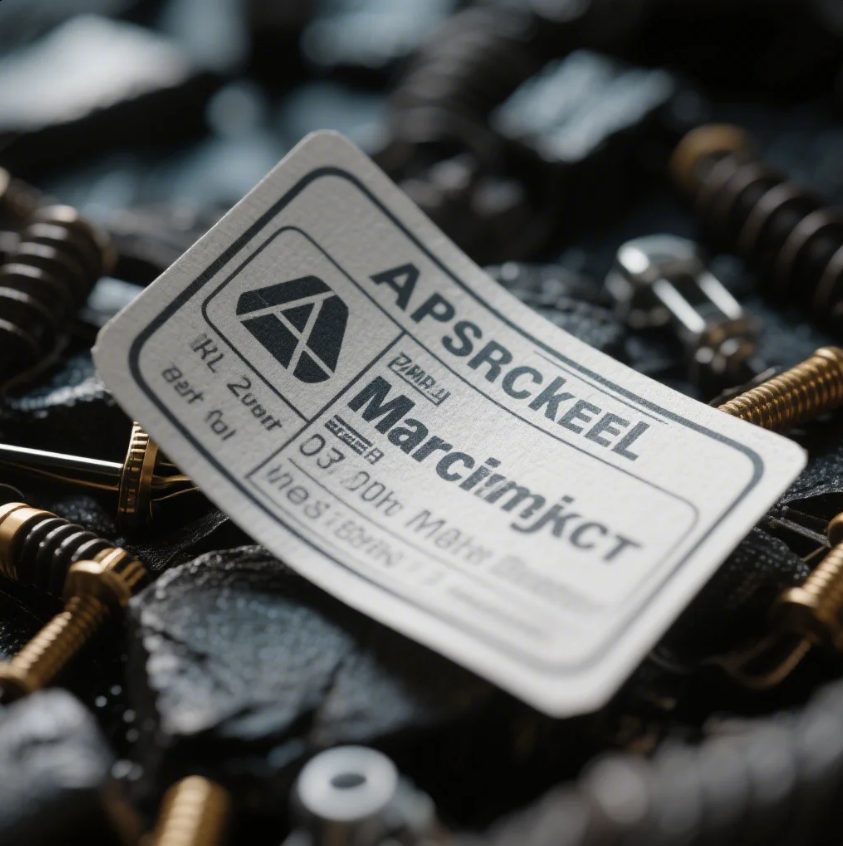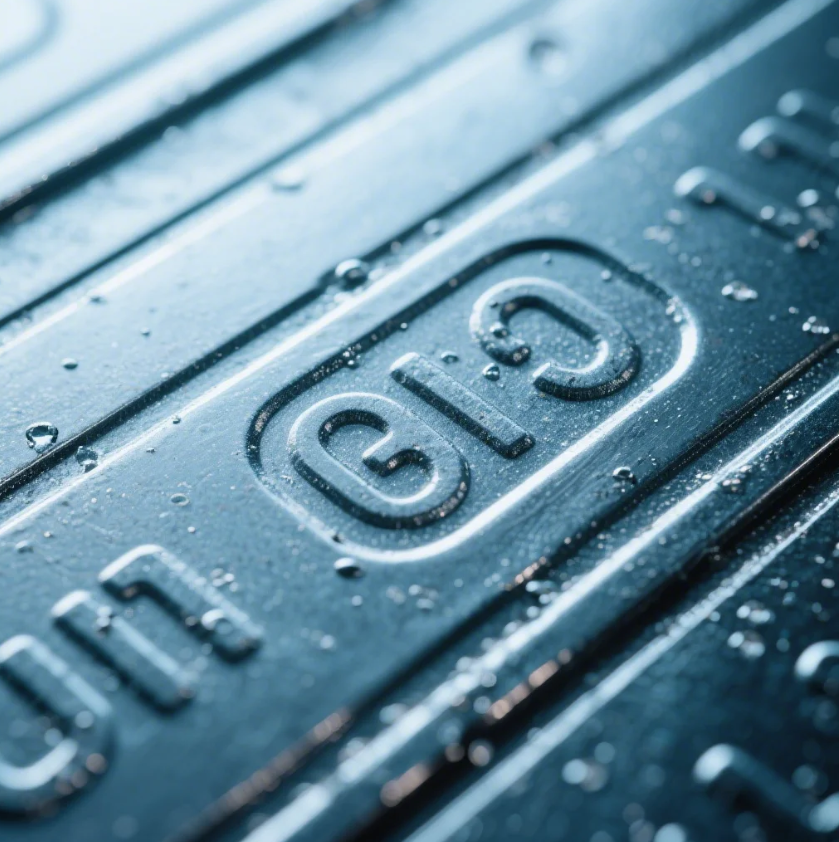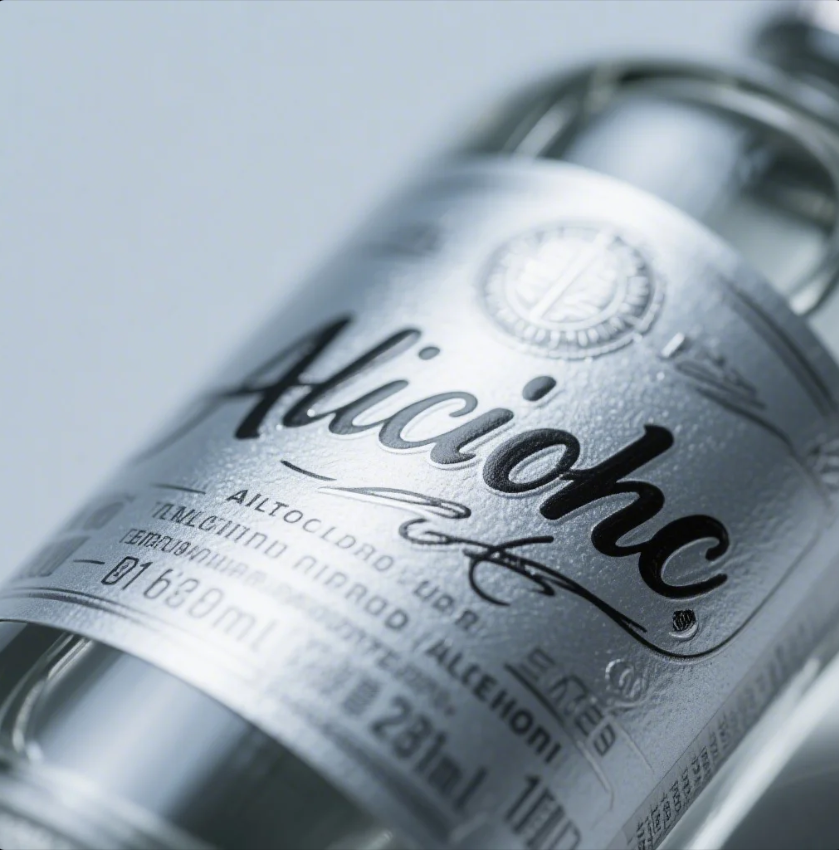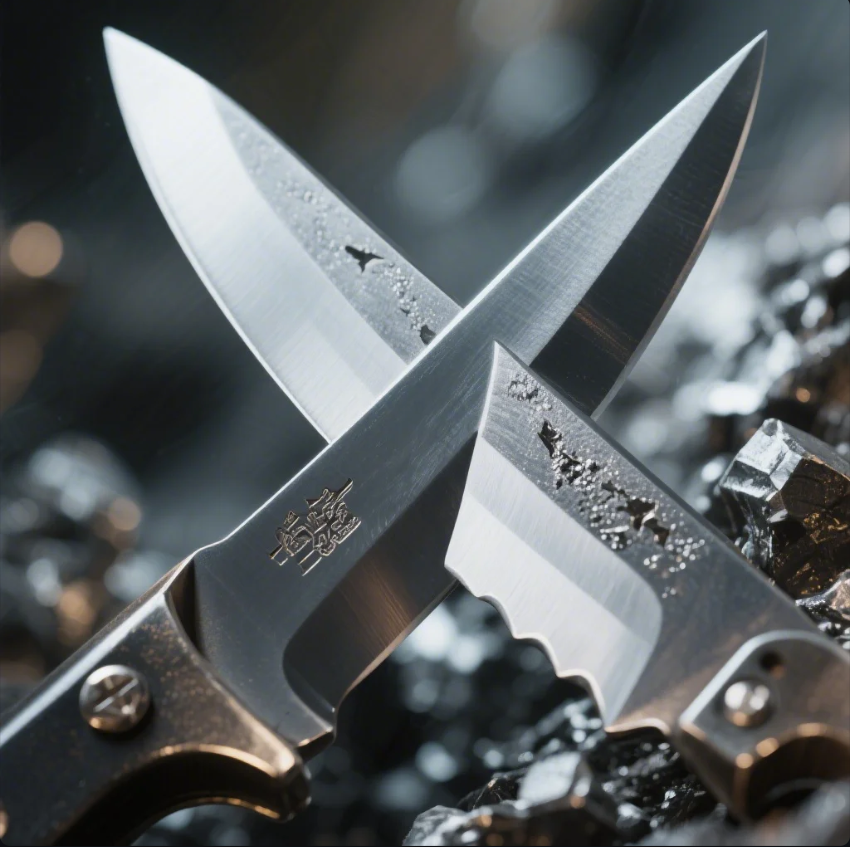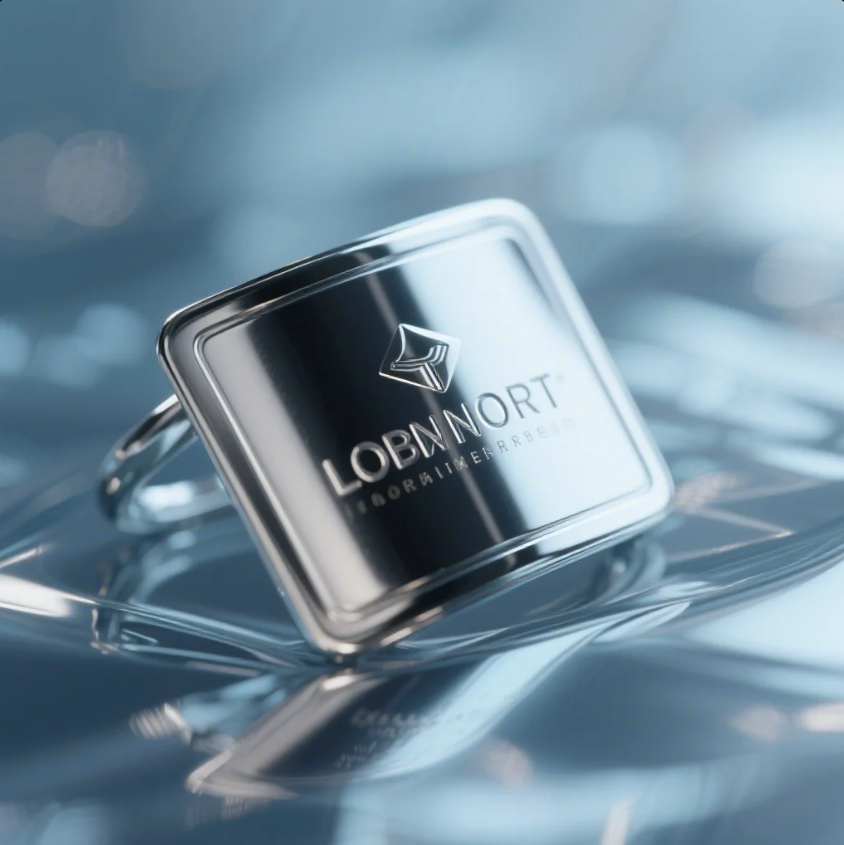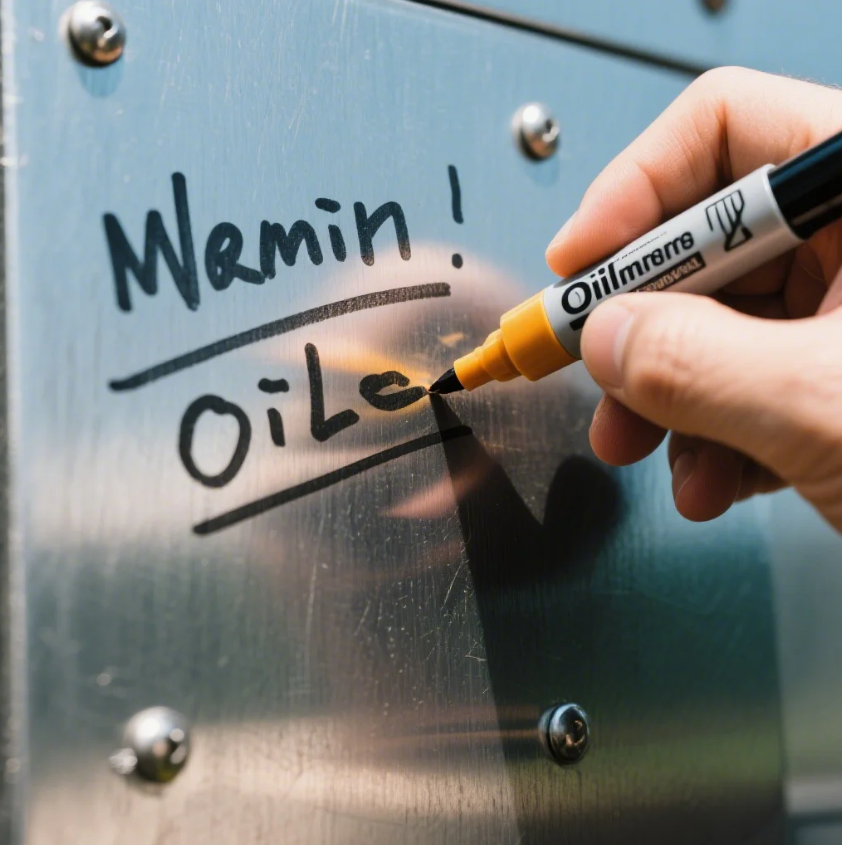From Prototype to Mass Production: How We Turn Custom Machine Parts Into Reality?
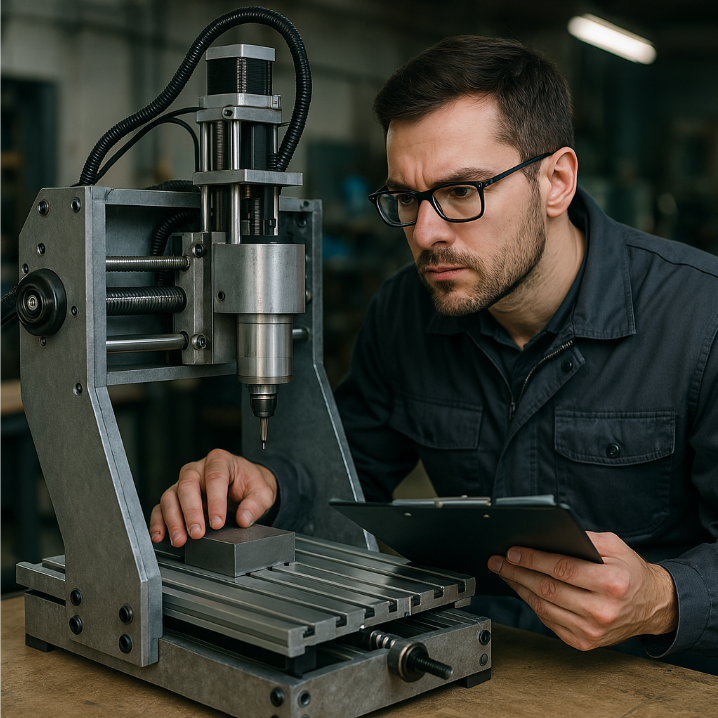
Launching custom machine parts from concept to full-scale production requires deep expertise. At Prime, we've guided 2,300+ clients through this journey, cutting development time by 40% while maintaining ±0.02mm tolerances.
**Our 5-phase process ensures seamless scaling:
- 3D prototyping (72-hour turnaround)
- Material validation (ISO-certified lab testing)
- Low-volume pilot runs (50-500 units)
- Production optimization (DFM analysis)
- Full-scale manufacturing (10M+ annual capacity)
Discover how we bridge the gap between idea and industry-ready parts:
1. How Do We Transform Your Sketch Into a Working Prototype?
Fast prototyping prevents costly design flaws before tooling begins.
Our rapid prototyping toolbox:
✓ CNC machining (aluminum/steel/PEEK, 3-day delivery)
✓ 3D printing (SLS nylon, DMLS metals)
✓ Silicon molding (50-unit test batches)
Clients save $15k+ by catching errors in Phase 1.
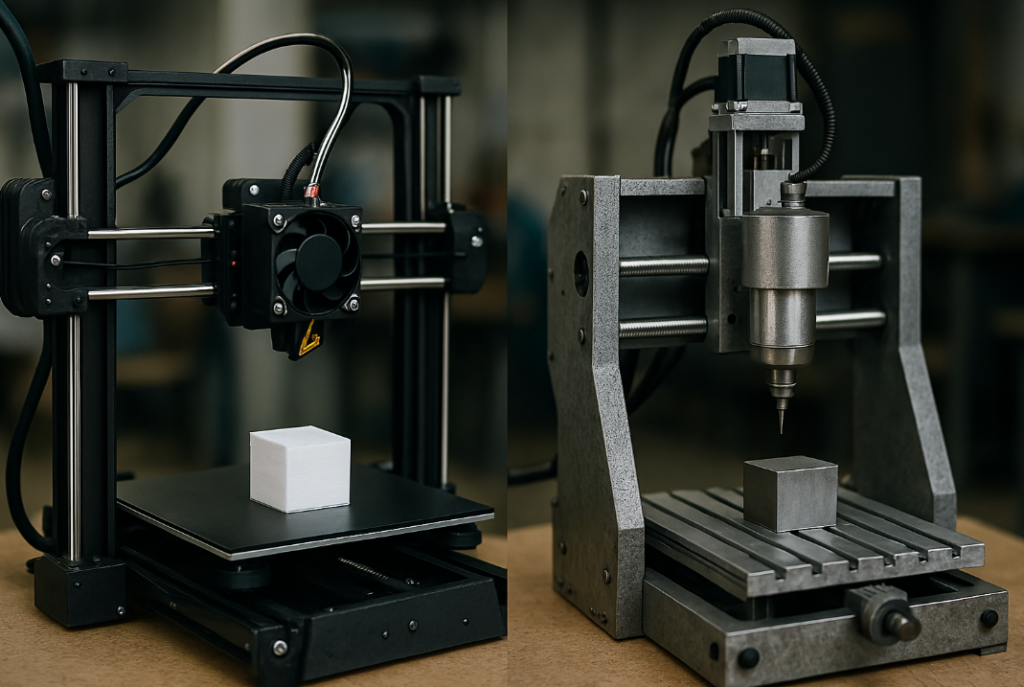
Prototyping Method Tradeoffs
| Method | Speed | Cost per Unit | Best For |
|---|---|---|---|
| CNC Machining | 3-5 days | $$$ | Functional testing |
| SLA 3D Printing | 24 hrs | $ | Form verification |
| Vacuum Casting | 7 days | $$ | Small batches |
2. Why Does Material Selection Make or Break Your Part?
Real-world stress testing prevents field failures.
Our material validation process:
◉ Tensile/fatigue testing (simulates 5 years of use in 2 weeks)
◉ Chemical resistance baths (ASTM G31 standards)
◉ CT scanning (detects internal voids down to 0.1mm)
Recent case: Revised a client's hydraulic seal material from NBR to FKM, extending lifespan 3X.
Common Material Mistakes We Fix
| Application | Bad Choice | Our Recommendation | Why? |
|---|---|---|---|
| Food machinery | 304 Stainless | 316L SS | Acid resistance |
| High-temperature gears | POM | PEEK | 260°C capability |
| Marine bearings | Bronze | Nickel-aluminum bronze | Saltwater corrosion |
3. How Do We Bridge Prototypes to Mass Production?
Pilot runs reveal manufacturing bottlenecks before full commitment.
Our 50-500 unit pilot services:
✔ Short-run stamping (soft tooling saves $30k vs hard tools)
✔ Multi-axis CNC batches (identical to final production)
✔ In-process QC (every 10th part measured)
Result: One client avoided 12% scrap rate by catching fixture issues early.
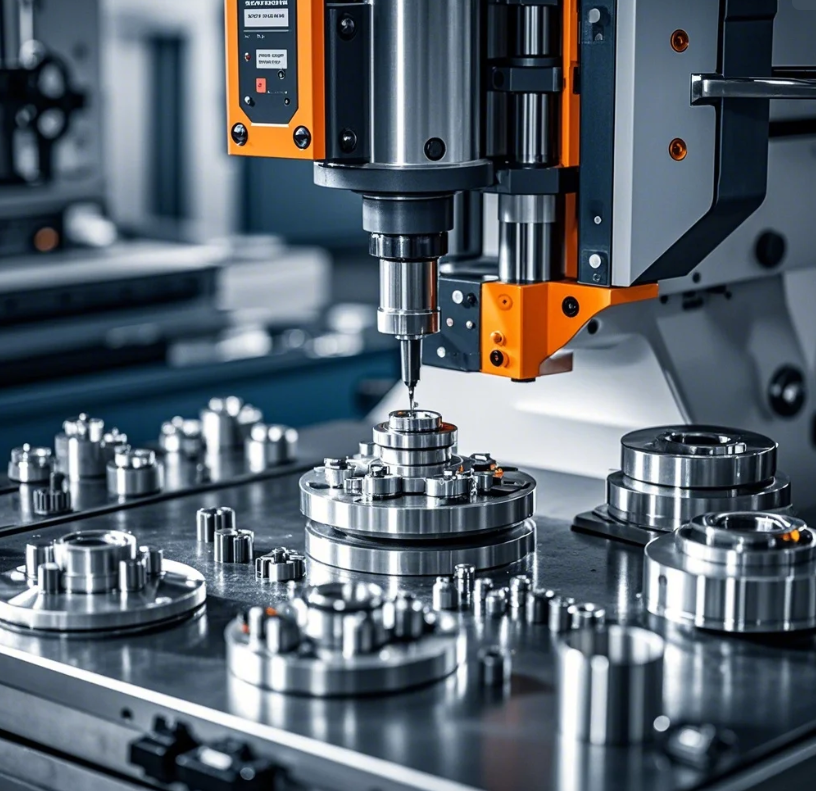
4. What Production Tricks Cut Costs Without Sacrificing Quality?
Design for Manufacturability (DFM) optimizes every component.
Recent DFM wins:
♦ Combined 5 machined parts into 1 MIM component (-60% cost)
♦ Redesigned undercuts for simpler mold ejection (-7s cycle time)
♦ Standardized fastener sizes (-15 SKUs)
Typical savings: 18-35% per unit at scale.
Before/After DFM Comparison
| Metric | Original Design | Optimized Design | Improvement |
|---|---|---|---|
| Part Weight | 184g | 142g | 23% lighter |
| Assembly Steps | 7 | 3 | 57% faster |
| Tooling Cost | $28k | $16k | 43% cheaper |
5. How Do We Ensure Million-Unit Consistency?
Automated quality systems maintain precision at any volume.
Our mass production safeguards:
► Vision inspection robots (0.01mm repeatability)
► Statistical process control (CPK >1.67 required)
► Lot traceability (laser-marked QR codes)
Outcome: 0.12% defect rate across 8M parts/year.
Conclusion
We shepherd parts from napkin sketch to 10M-unit shipments through prototyping, testing, and smart scaling. Prime’s 20+ years of tooling expertise ensures your design hits cost, quality, and timeline targets. Ready to transform your concept? Let’s engineer efficiency.

